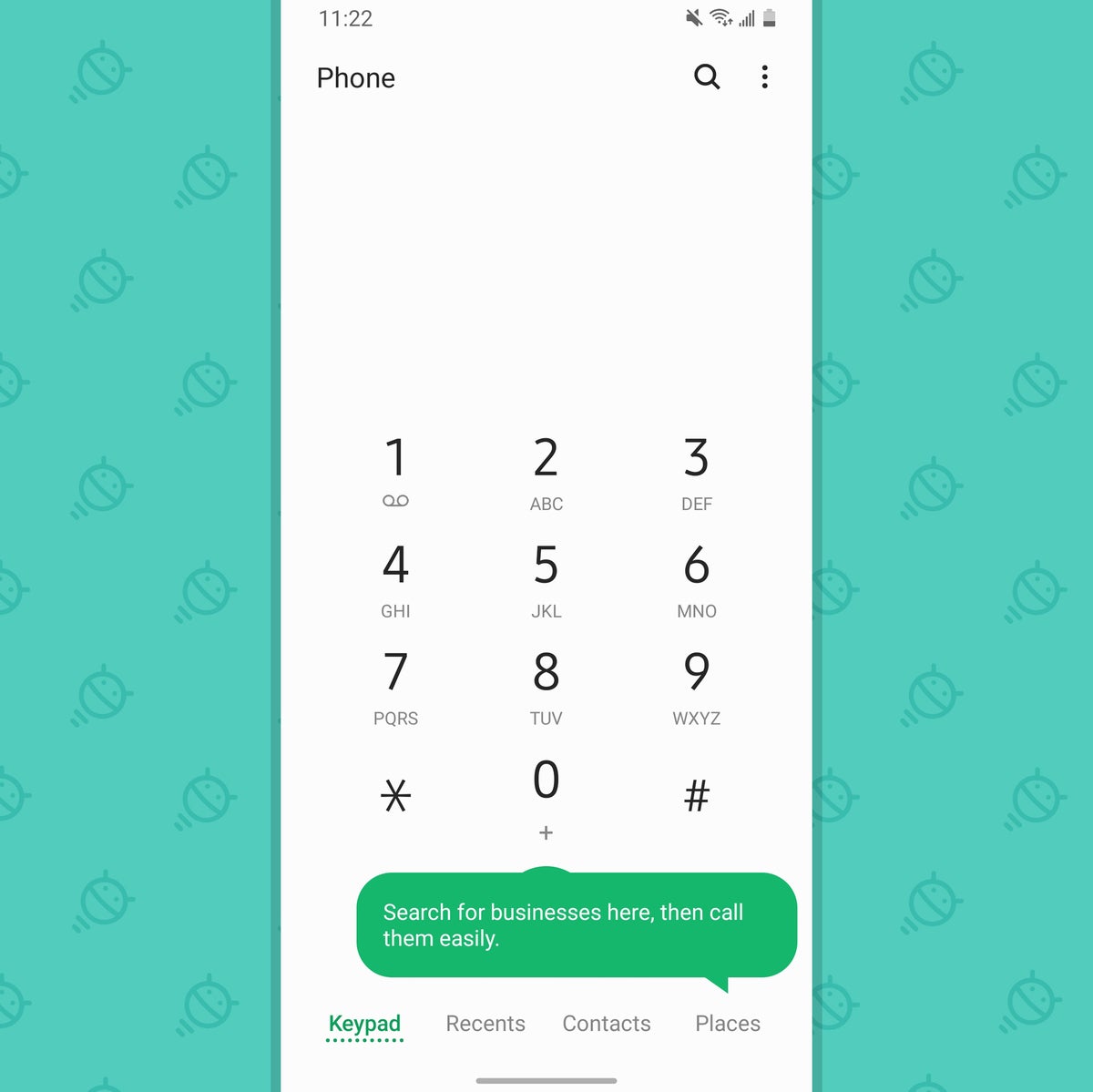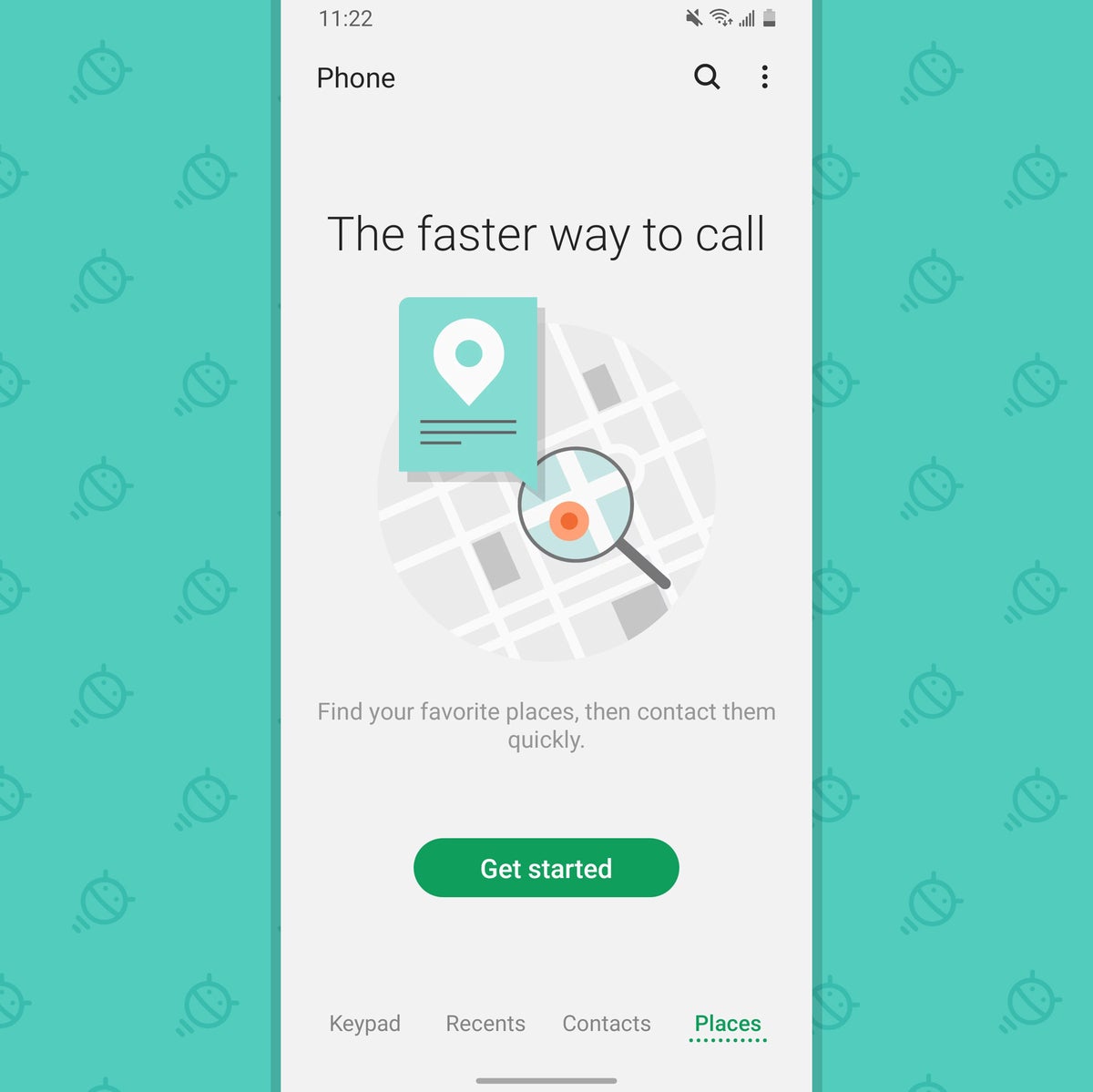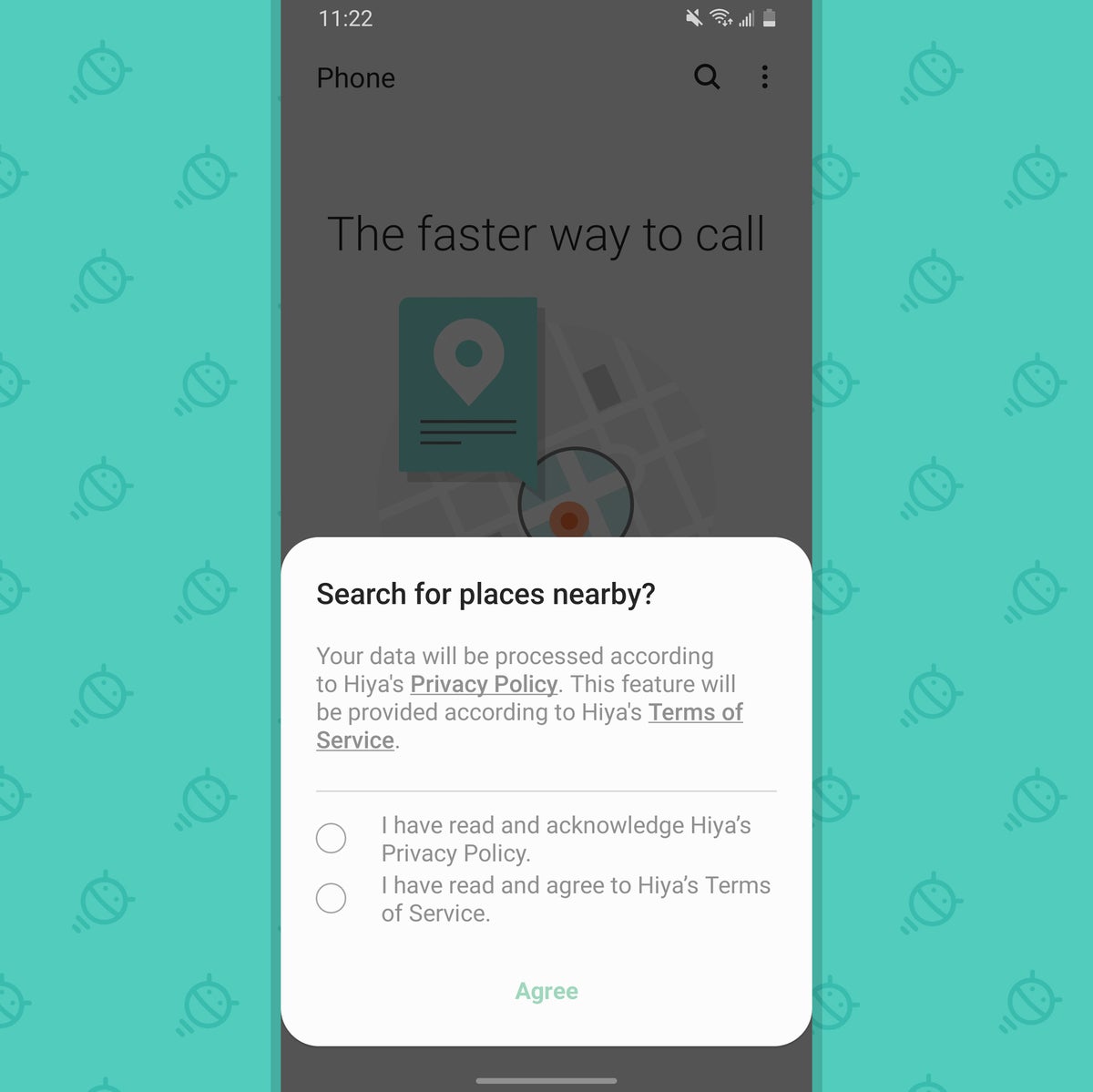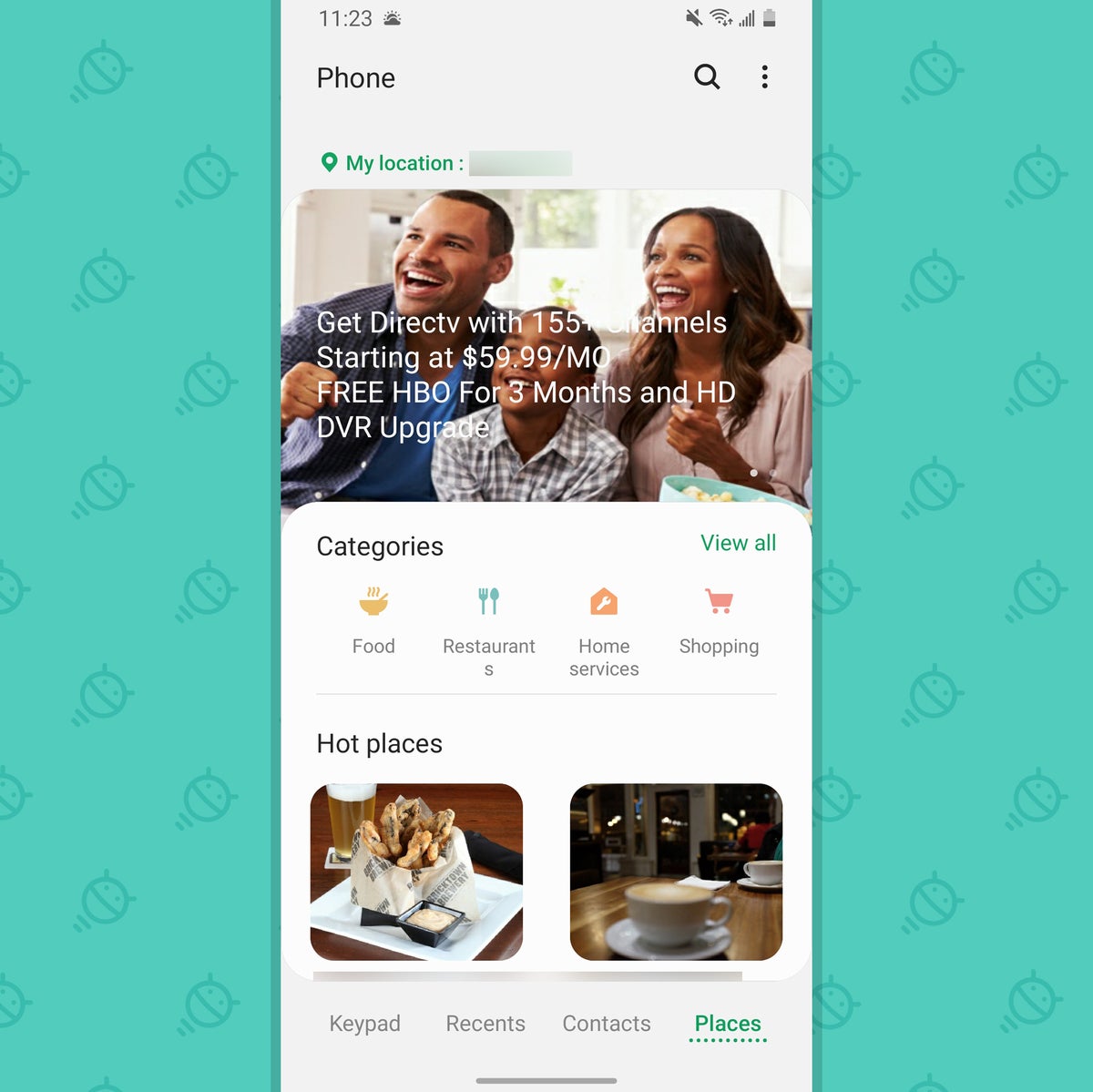A troubling trend is taking shape here in the land o' smartphones, and lemme tell ya: It's something that really gets my feathers ruffled.
The short version is this: Manufacturers of high-end, expensive devices are treating the phones they sell us as billboards. Despite the fact that we're often paying well over a thousand bucks for these pieces of technology, the companies behind 'em are inserting ads into core parts of their operating systems in an attempt to squeeze even more money out of us — at the cost of our user experience.
We've seen renewed signs of such silliness on a few different fronts lately — and not only within Android: On the Apple side of the mobile-tech garden, in fact, a developer recently pointed out how iOS is rapidly deteriorating into a place for Apple to advertise its pay-to-play services. The goal, he explained, is to push those services — rather aggressively — onto customers who haven't yet signed up for recurring monthly payments.
Per his blog post:
iOS 13 has an abundance of ads from Apple marketing Apple services, from the moment you set it up and all throughout the experience. These ads cannot be hidden through the iOS content blocker extension system. Some can be dismissed or hidden, but most cannot and are purposefully designed into core apps like Music and the App Store. There’s a term to describe software that has lots of unremovable ads: adware, which what iOS has sadly become.
The ads appear in both system-level apps and push notifications, the developer notes, and — yessiree — come "at the expense of the user experience."
It's a feeling some of us here on the Android side know all too well. Just last week, Samsung started getting fresh flak for inserting ads into the Phone app on its top-of-the-line Galaxy phones. The observation was initially made about the new $1,380 Galaxy Z Flip device, but the same effect is present on other Galaxy flagships, too, I can confirm, including the regular Galaxy S line of products.
When you first open Samsung's Phone app — y'know, the system-level app you have to open anytime you want to make a call — an attention-grabbing green bubble prompts you to peek at a prominent tab called Places within the main, bottom-of-screen menu.
 JR
JR Once you tap on that tab, you're promised a "faster way to call" — a system that'll "find your favorite places, then contact them quickly." Neat! Why wouldn't you want to activate such a helpful-sounding option?
 JR
JR Tap the activation button, and huh — what's this? Looks like a prompt to read and agree to the policies of an agency called Hiya, which will apparently "process" your "data" in some way. Hmmmmmmm.
 JR
JR Hiya, it turns out, is a company that works with device-makers to "enhance both the inbound and outbound mobile phone call experience between consumers and businesses" as part of its Business Profiles feature, which seems to be what Samsung is using. The agency's Samsung-specific privacy policy mentions that it may use your personal data "to deliver relevant advertising" — and sure enough, once you get inside that Places tab, you're treated to Hiya-provided ads plastered right there in your face.
 JR
JR Hiya's privacy policy notes that the company may be able to access and process a range of personal info from Samsung phone owners, including phone numbers, mobile device IDs, and "activities within the service." It also discloses that it may share personal data with its "affiliates or subsidiaries" as well as with "third-party vendors, service providers, contractors, or agents who perform functions" on its behalf.
Well, that's certainly a lovely little nubbin to have baked into a core part of your thousand-dollar mobile device.
For Samsung, forcing ads and third-party partnerships upon its highest-paying customers is nothing new. I have a Galaxy S9 here at my desk, and I've lost track of the number of nudges I've seen in my notification panel prompting me to sign up with some Samsung-associated service or other.
Samsung's caught heat numerous times before for sending spammy ads about new Galaxy devices into the notifications of existing Galaxy owners — something that, understandably, leaves a bad taste in lots of folks' virtual mouths. The company also came under fire earlier this year for bundling a questionable "storage optimizing" service into a system app on its Galaxy phones. The company removed the service only after Android enthusiasts discovered it was sending phone usage data to China-based servers in the background — which, regardless of the intent, is something no privacy-conscious user wants to have happen (especially when it's being done without your explicit knowledge and with no real tangible benefit to you).
And all of that's to say nothing about Samsung's ongoing practice of quietly collecting data from its device-owners and then generating extra revenue by selling that information to third parties, as we discussed here a few weeks back.
The bottom line is this: Smartphones, particularly those that cost close to a thousand bucks, are productivity tools — and frequently professional ones, at that. They are not virtual billboards or channels for "monetizing" us and seeking out secondary streams of revenue for the companies that manufactured them. Or at least, they shouldn't be.
Now, let me preemptively address the big "but" lingering in the air right now: No, this isn't the same as what Google does with the advertising associated with its free services. First and most crucially, Google never sells user data or shares it with any third parties, even when said info is used to help determine what ads you see around the web via Google's ad networks. And beyond that, Google's use of data for ad personalization is a well-known, core part of its business — one that exists to offset the free nature of services such as Search, Maps, and the non-G-Suite versions of Gmail, Docs, and Drive.
A smartphone, suffice it to say, is not a free service. You're paying good money for the privilege to own such a product, with the expectation of a professional environment that's free from spammy distractions and questionable built-in connections.
In a sense, it feels like phone-makers are testing us right now — testing to see how far they can go and how much bile they can push onto our personal screens without our piping up about it. The more they get away with, the further they'll push. And why wouldn't they? If they can use the devices they sell to generate extra ongoing revenue without any negative consequences, what would possibly motivate them to stop?
The negative consequences, however, are quite apparent for us — at least, for those of us who care even the slightest about user experience and the sanctity of our professional products. And thus the onus falls upon us to voice our displeasure with this practice and let phone-makers know we aren't okay with these over-the-top tactics. Ultimately, that boils down to thinking carefully about our next device purchases, assessing which companies are and aren't pulling the sorts of shenanigans we want to avoid, and then voting with our wallets to get the type of respectful user experience we both expect and deserve.
If we don't, this practice — turning our devices into aggressive advertising and data-selling vehicles — will quickly be established as the new norm. And once that door gets all the way open, my goodness, it won't be easy to get it back closed.
Sign up for my weekly newsletter to get more practical tips, personal recommendations, and plain-English perspective on the news that matters.

[Android Intelligence videos at Computerworld]




















































































